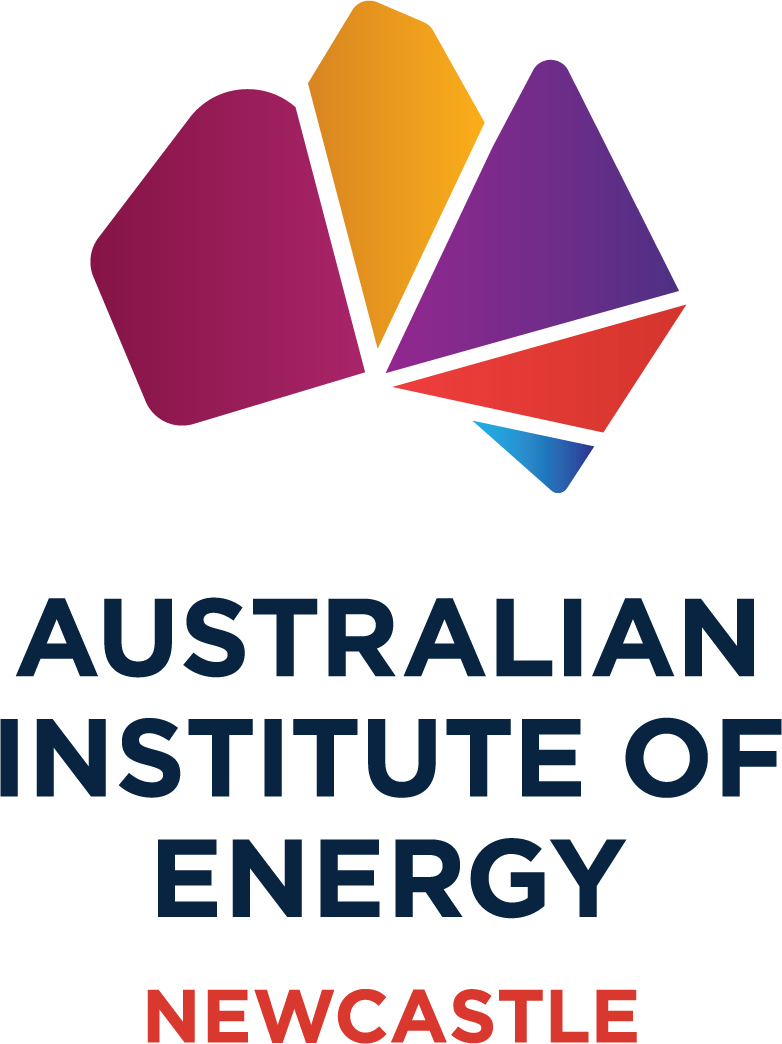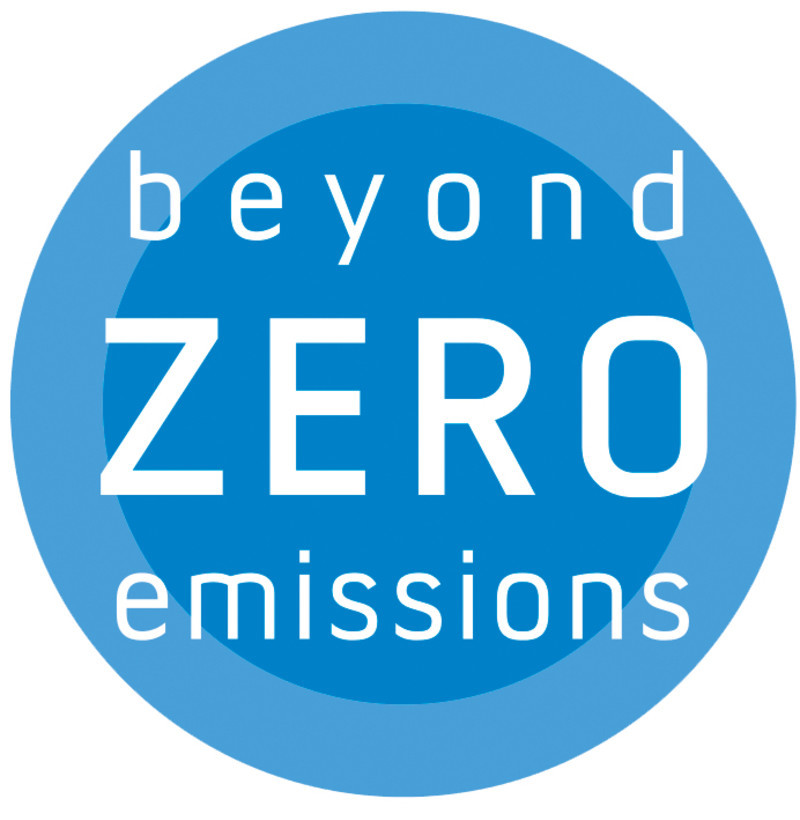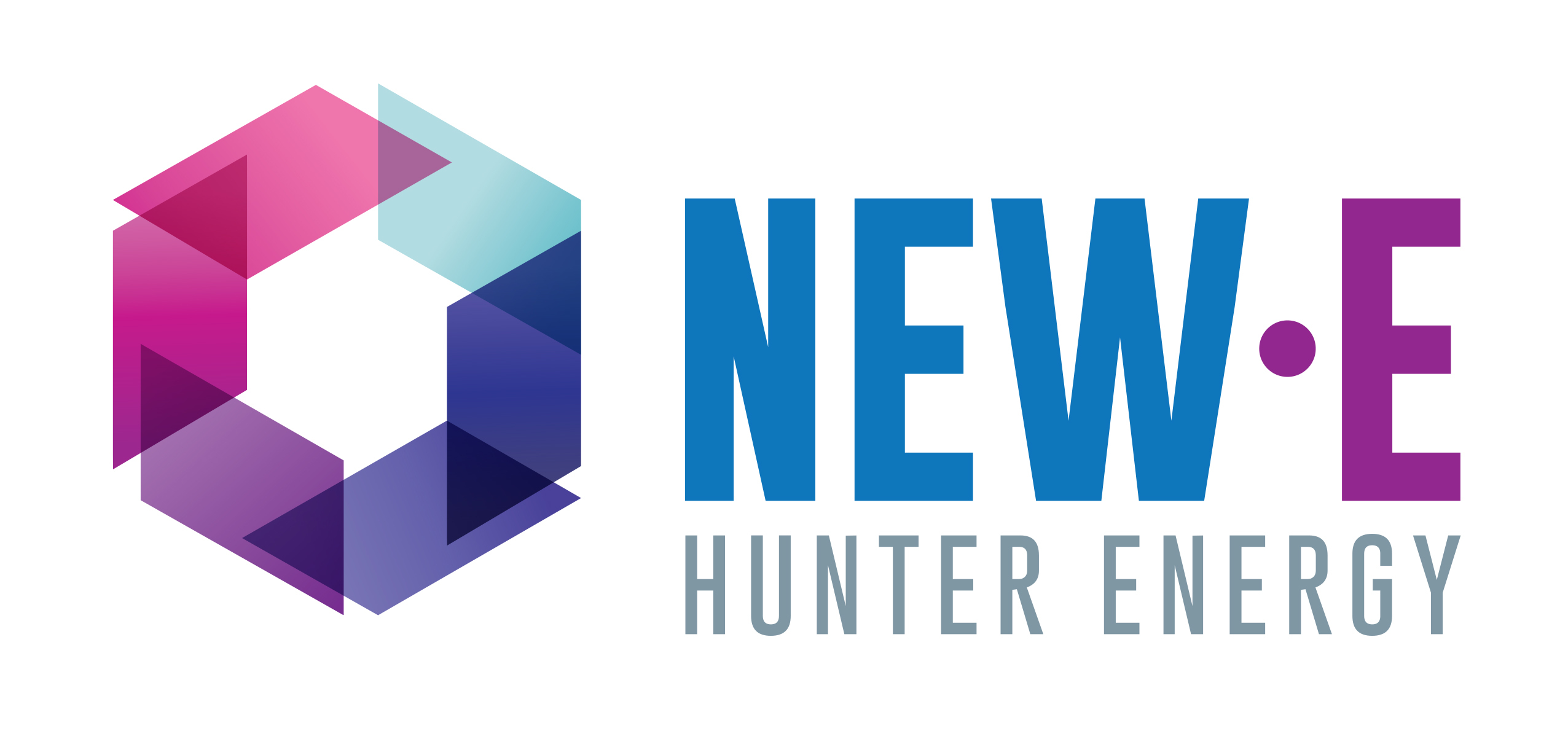Hydrogen and carbon capture receive extra funding, as Morrison prepares for Biden summit
In this article, originally published in The Conversation, Michelle Grattan of the University of Canberra discusses the latest funding for new energy technology.

Prime Minister Scott Morrison has announced next month’s budget will include a further $539.2 million government investment in new clean hydrogen and carbon capture, use and storage projects.
This comes ahead of this week’s summit on climate convened by US President Joe Biden, which Morrison will address overnight Thursday (AET). The virtual summit of some 40 leaders will have two sessions of two hours, spread over two days.
Morrison said in a Tuesday night statement that given a fast-changing world “Australia will need to be competitive in a new energy economy to support the jobs of Australians, especially in our heavy industries and regional areas that depend on affordable and reliable energy”.
“We cannot pretend the world is not changing. If we do, we run the risk of stranding jobs in this country, especially in regional areas”.
The breakdown of the funding is:
- $275.5 million to accelerate the development of four additional clean hydrogen “hubs” in regional areas and implement a clean hydrogen certification scheme
- $263.7 million to support the development of carbon capture, use and storage projects and “hubs”.
Hydrogen hubs are where users, producers and exporters are located in the same region, aimed at maximising the use of and investment in hydrogen. Potential areas for the hubs include the Latrobe Valley (Victoria), Darwin (Northern Territory), the Pilbara (Western Australia), Gladstone (Queensland), the Hunter Valley (NSW), Bell Bay (Tasmania) and the Eyre Peninsula (South Australia).
Potential CCS hub areas include Moomba (SA), Gladstone, the Darling Basin (NSW), the North West Shelf and Bonaparte Basin (WA), Darwin, and south-western WA.
The hydrogen funding is over five years; the CCS component is over a decade. CCS is a controversial technology.
As Morrison seeks to pivot towards embracing a 2050 target of net-zero emissions, ahead of the Glasgow climate conference late this year, he is caught between the pressure from the United States administration, and some resistance in Coalition ranks.
Queensland Nationals senator Matt Canavan tweeted on Tuesday, “Australia trying to go for net zero emissions is like the 10 year old boy who thinks he is superman and jumps off his parent’s roof. He doesn’t have the technology, and he is going to fall flat on his face”.
A speech this week from US Secretary of State Antony Blinken underlined the determination of the Biden administration to push other countries hard on the climate issue.
“Our diplomats will challenge the practices of countries whose action – or inaction – is setting the world back,” Blinken said.
“When countries continue to rely on coal for a significant amount of their energy, or invest in new coal factories, or allow for massive deforestation, they will hear from the United States and our partners about how harmful these actions are.”
Blinken said the US would “seize every chance we get” to raise climate issues “with our allies and partners, and through multilateral institutions”.
“We will convey a strong message to the meeting of the G7 next month, whose members produce a quarter of the world’s emissions.”
Australia has been invited to attend the G7 meeting, although it is not a member.
Morrison said in his announcement, “It is essential we position Australia to succeed by investing now in the technologies that will support our industries into the future, with lower emissions energy that can support Australian jobs.
"There is a strong appetite from business for the new emissions reduction technologies that they know will be needed to run their operations and keep employing Australians and grow jobs for the future.”
Meanwhile Labor leader Anthony Albanese attacked Morrison’s Monday comment that “we’re not going to achieve net zero in the cafes, dinner parties and wine bars of our inner cities”, saying it showed “his heart isn’t in this”.
“He couldn’t resist have a snipe at people who are concerned about climate change as being all somehow inner city latte sippers,” Albanese said.
“He still just doesn’t get it.”
He said Morrison was “crab-walking towards announcing net zero by 2050”.
Asked whether there should be a ban on new coal mines, Albanese said, “As a general principle, I’m not into banning things. But what is of course happening is that the markets are speaking, and the markets are all headed in one direction”.
Albanese denied it was contradictory to support both net zero by 2050 and continued coal exports. “The international system that we’ll participate in counts emissions where they occur.”
Michelle Grattan, Professorial Fellow, University of Canberra
This article is republished from The Conversation under a Creative Commons license. Read the original article.














